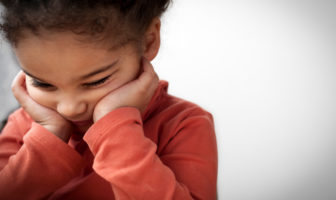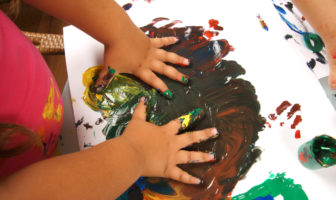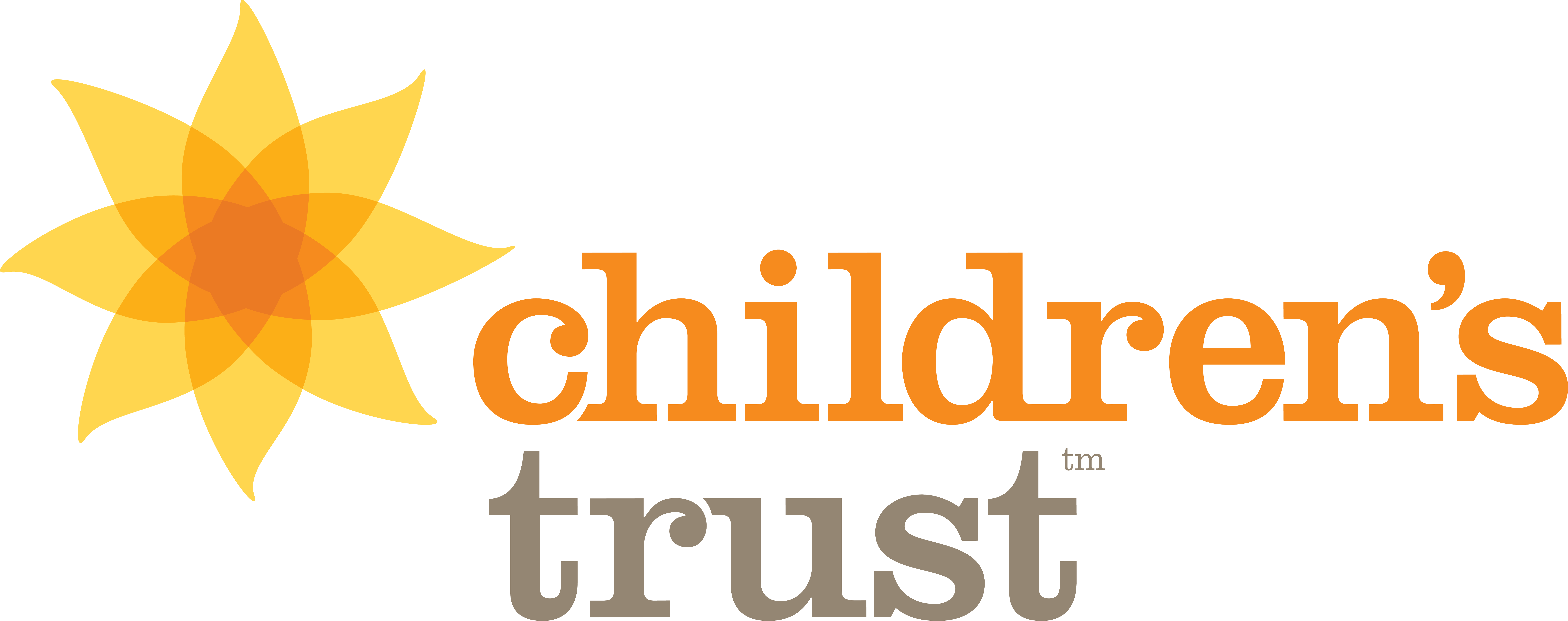This page outlines general indicators of a child who has been sexually abused, a teen who has been sexually abused, another adult has been sexually abused, and someone who may sexually abuse a child. The occurrence of one indicator does not necessarily mean a person has experienced sexual abuse. Additionally, indicators of sexual abuse can vary widely from person to person.
Your reaction to the disclosure will have a big effect on how your child deals with the trauma of sexual abuse. Children whose parents/caregivers are supportive heal more quickly from the abuse.
When a child discloses sexual abuse, here are some important things that the child will need you to do.
The more a child knows about his/her own sexuality the less he/she will need to rely on peers or other adults who may take advantage of that child’s lack of information. Children who understand their bodies and their sexual feelings may feel more confident about this part of themselves and may be less likely to be confused or manipulated regarding inappropriate sexual touch.
This video discusses three common childhood sexual behaviors and how parents can respond. The behaviors are playing doctor, masturbating in public, and using sexually explicit language. In each case, the children may be asking indirectly for more information about sexuality. Parents are the primary sex educators of their children.









